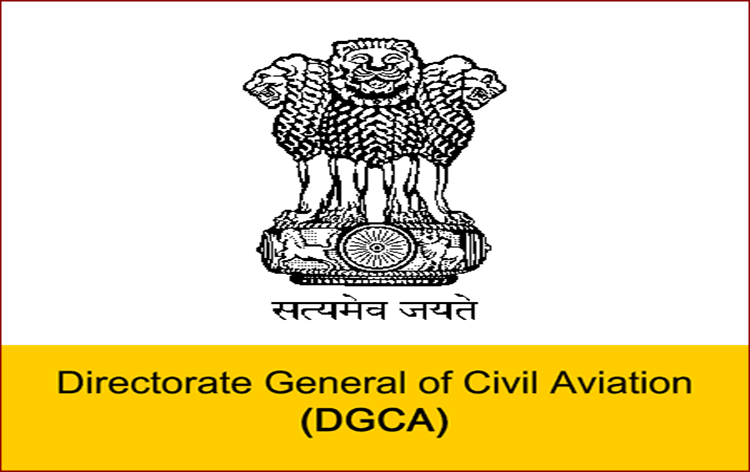The Directorate General of Civil Aviation (DGCA) has recently enacted changes in Flight Duty Time Limitations (FDTL) for flight crew, aligning with global aviation safety standards. These alterations aim to manage fatigue-related safety risks effectively, a practice established and proven in international aviation safety for over a decade.
These reforms mark a crucial step in combating pilot fatigue, enhancing overall flight safety, and accommodating the anticipated growth in India’s aviation sector. Effective immediately, the revised FDTL regulations necessitate airline operators’ compliance by June 1, 2024. This timeline allows operators ample adjustment time, factoring in logistical changes and associated adaptations required due to the amendments.
To address and mitigate concerns related to pilot fatigue, DGCA meticulously collected and analyzed extensive pilot roster data alongside fatigue reports submitted by airlines. This thorough review identified key factors contributing to fatigue, including maximum Flight Duty Periods, Night Duties, Weekly Rest Periods, and Flight Duty Period Extensions.
The revised FDTL regulations were formulated following comprehensive data analysis and feedback from various stakeholders, including airline operators, pilot associations, and individuals. Best practices from international bodies such as the FAA (USA) and EASA (EU) were integrated into these regulations, tailored to India’s unique operational landscape.
Key Highlights of the revised FDTL Regulations:
Extended Weekly Rest Periods: Flight crew now mandate increased weekly rest periods from 36 to 48 hours, allowing ample time for recuperation from cumulative fatigue.
Redefined Night Duty: The definition of night now spans from 0000-0600 hours, expanding by one hour in the early morning. This extension aligns with the Window of Circadian Low (WOCL) from 0200-0600 hours, optimizing rest during the body’s least alert period.
Limits on Night Operations: For flight operations during the night, restrictions on maximum flight time, flight duty periods, and the number of landings have been imposed. These measures enhance flight safety, restricting flight time to 8 hours and duty periods to 10 hours, with a maximum of two landings during night operations.
Additionally, DGCA mandates airline operators to submit quarterly fatigue reports with actionable insights, following a non-punitive and confidential policy. The roadmap ahead envisions the adoption of a Fatigue Risk Management System (FRMS). This data-driven approach enhances monitoring and reporting of flight crew fatigue, requiring collaborative efforts from regulators, operators, and flight crew for seamless transition and implementation. The implementation of revised FDTL regulations signifies the aviation sector’s commitment to safer skies and lays the foundation for a comprehensive fatigue management system in India.














